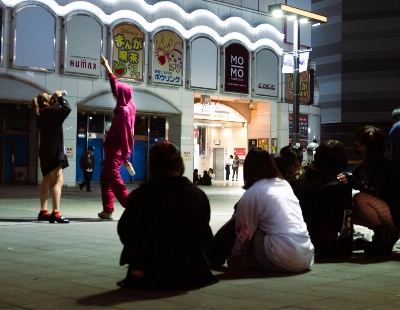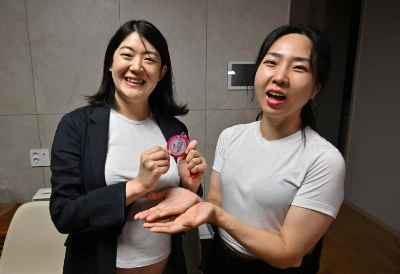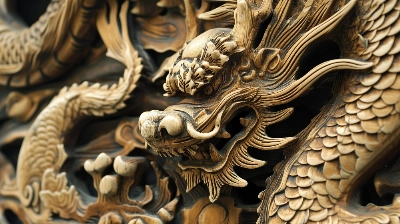Former House of Representatives member Kiyomi Tsujimoto pleaded guilty Thursday to defrauding the state out of nearly 19 million yen in government-paid salaries for her policy secretaries.
In the opening session of her trial at the Tokyo District Court, the former Social Democratic Party policy chief admitted that her office misappropriated most of the 18.8 million yen salary for two public secretaries who never actually worked for her, between November 1996 and December 1998.
Masako Goto, 66, a former policy secretary to Takako Doi, pleaded guilty to the same charge. Prosecutors charge that Goto proposed the illicit scheme and introduced the "secretaries" to Tsujimoto when she was first elected to the Diet in 1996.


















With your current subscription plan you can comment on stories. However, before writing your first comment, please create a display name in the Profile section of your subscriber account page.